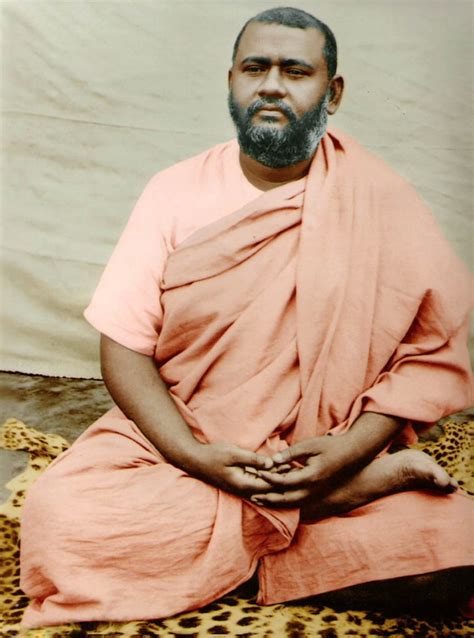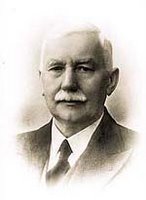A Quote by Glenway Wescott
There must always be some pretentiousness about literature, or else no one would take its pains or endure its disappointments.
Quote Topics
Related Quotes
Against my will I am sent to bid you come in to dinner. BENEDICK Fair Beatrice, I thank you for your pains. BEATRICE I took no more pains for those thanks than you take pains to thank me: if it had been painful, I would not have come. BENEDICK You take pleasure then in the message? BEATRICE Yea, just so much as you may take upon a knife's point ... You have no stomach, signior: fare you well. Exit BENEDICK Ha! 'Against my will I am sent to bid you come in to dinner;' there's a double meaning in that... (Much Ado About Nothing)
For God's love, take things patiently, have sense, Think! We are prisoners and shall always be. Fortune has given us this adversity, Some wicked planetary dispensation, Some Saturn's trick or evil constellation Has given us this, and Heaven, though we had sworn The contrary, so stood when we were born. We must endure it, that's the long and short.
Theology is indispensable for religious communities to make sense of themselves and their changing views about the world in light of what is perceived to be revelation, but, at the same time, that theology can have a pretentiousness, or double pretentiousness, if it is acontextual as opposed to contextual, if it is foundationalist as opposed to antifoundationalist, or ahistorical as opposed to historicist.
The greatness comes not when things go always good for you. But the greatness comes when you're really tested, when you take some knocks, some disappointments, when sadness comes. Because only if you've been in the deepest valley can you ever know how magnificent it is to be on the highest mountain.
Our natural reason looks at marriage and turns up its nose and says, Alas! Must I rock the baby? wash its diapers? make its bed? smell its stench? stay at nights with it? take care of it when it cries? heal its rashes and sores? and on top of that care for my spouse, provide labor at my trade, take care of this and take care of that? do this and do that? and endure this and endure that? Why should I make such a prisoner of myself?
As for literature – to introduce children to literature is to install them in a very rich and glorious kingdom, to bring a continual holiday to their doors, to lay before them a feast exquisitely served. But they must learn to know literature by being familiar with it from the very first. A child's intercourse must always be with good books, the best that we can find.
If we are true Christians, we must not expect everything smooth in our journey to heaven. We must count it no strange thing, if we have to endure sicknesses, losses, bereavements, and disappointments, just like other men. Free pardon and full forgiveness, grace along the way, and glory at the endall this our Savior has promised to give. But He has never promised that we shall have no afflictions.
I wanted to talk about certain things in a way that I hadn't seen them talked about. There is vast literature about caring for people romantically, about caring for children, but there's not a lot about caring for older people, eldercare. I was searching for a book that would speak to me, that wouldn't be sociological, that would offer some insight, some solace.
Some literature is knowledge, some is just data. But if I can get a "happy" ending - which is when for the characters I'm writing about, something happens that they move from wherever they are in the beginning to knowledge or wisdom, they know something they never would have acknowledged or realized if it hadn't been for my book - that for me is what literature does.







































